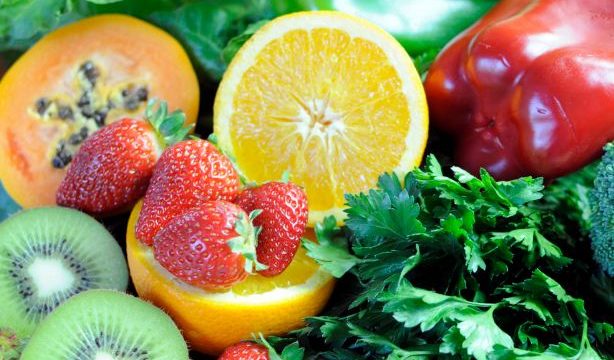
Most patients have been asked the question, Are you allergic to anything? It is not surprising clinicians then get a wide range of answers, such as bee stings, peanuts, dust mites and all sorts of weird and wonderful potential toxins. I must have asked the question thousands of times as a doctor myself and its normally in the context of are you allergic to any pills or medicines. I recently asked a young man if he was allergic to anything and he said, “fruit and vegetables” to which I replied, “that’s maybe why you have scurvy then” which he essentially did. Now it was light-hearted banter and well given and received on both sides but it got me thinking on a number of fronts.
Vitamin C is such an important part of our diet but many are lacking in sufficient intake, in my clinical experience. It is an anti-oxidant that helps us in many ways, including making collagen, a protein that helps wounds heal. It also boosts our immune system to fight disease and aids with the absorption of iron in our gut as a co-factor. The recommended daily intake of Vitamin C for an adult is around 75-95mg which is about 5 servings of fruit and vegetables a day.
It would be fair to say that not all people consume this amount of fruit and vegetables especially those who banter that they are allergic to them. Which brings me back to the scurvy comment. Symptoms of scurvy include feeling tired, sore arms and legs, easy bruising, loosening of teeth emotional changes and poor wound healing. As emergency departments are inundated with patients with poor wound healing, skin infections, gum disease and abscesses, I often ask about vitamin C intake. We don’t routinely check for vitamin C levels but maybe we should. Invariably it seems those who present with these types of infections admit to having little vitamin C in their diet.
It maybe that they don’t like fruit and vegetables, don’t understand how important they are or simply can’t afford them. Foods with the highest content of vitamin C include, guavas, blackcurrants, kiwifruit, broccoli and Brussel sprouts. There is 228mg of vitamin C in every 100g of guavas while chillies and parsley have 144mg and 133mg per 100g. The trusty orange has 53mg per 100g and potatoes 18mg per 100g. It’s probably easier to eat a few hundred grams of spuds and oranges than 70g of chillies to get your recommended daily dose of essential vitamin C.
Taking vitamin C supplements is a bit of a minefield. There seems to be no harm in taking 500mg of vitamin C a day and many would argue taking higher doses boosts your immunity. There are even those who promote intravenous vitamin C as a cure for many things, including cancer. Some iron formulations include vitamin C in the pill to improve absorption in the gut and there is plenty of evidence to support vitamin C as a co-factor.
There is no doubt that we need vitamin C and how important it is in our immune systems and fight against infection and repair. So, if you are one of those people who gets plenty of infections and has difficulty with wound healing, taking more vitamin C is a good idea. If you really don’t like the taste of fruit and veges taking it in supplement form may save a trip to the ED.
Dr Tom Mulholland is an Emergency Department Doctor and GP with more than 25 years experience in New Zealand. He’s currently a man on a mission, tackling health missions around the world.
